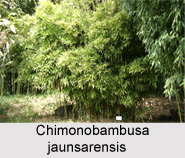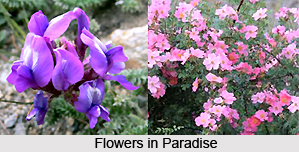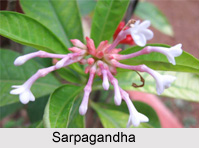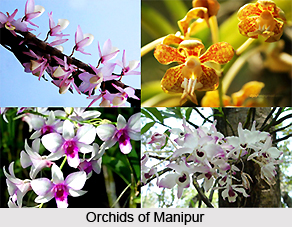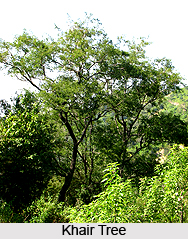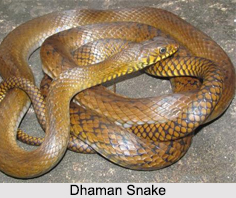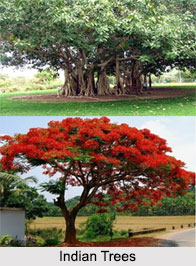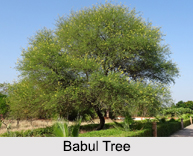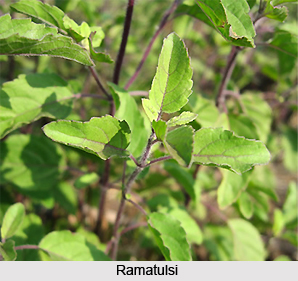 The scientific name for Ramatulsi is Ocimum gratissimum. In India it is also known as Bantulsi in Bengali; Ramatulsi in Sanskrit, Hindi, Gujarati and Urdu; Rama Tulasi in Kannada, Marathi, Malayalam, Telugu; Elumichan tulasi in Tamil and Ramotulosi in Orissa. The Ramatulsi, with light green leaves, is primarily used in the worship of God in India. This species of tulsi is widely available in India.
The scientific name for Ramatulsi is Ocimum gratissimum. In India it is also known as Bantulsi in Bengali; Ramatulsi in Sanskrit, Hindi, Gujarati and Urdu; Rama Tulasi in Kannada, Marathi, Malayalam, Telugu; Elumichan tulasi in Tamil and Ramotulosi in Orissa. The Ramatulsi, with light green leaves, is primarily used in the worship of God in India. This species of tulsi is widely available in India.
Ramatulsi is a tall, perennial shrub and it possesses a strong scent. The leaves have an acute apex, the base is cuneate, elliptic, the margins are coarsely crenate-serrate and are, pubescent on both surfaces. The flowers are pale greenish-yellow and are either borne in simple or branched racemes, moderately closely whorled; bracts sessile and longer than the calyx.
Uses of Ramatulsi
It is considered digestive, tonic, stimulant, demulcent, diuretic, anti-emetic, antiseptic and styptic. In Ayurveda, ramatulsi is used for treating skin diseases, erysipelas, inflammations and strangury. In Unani practice, the plant is considered carminative and aphrodisiac and used to treat diseases of the brain, heart, liver and spleen, to relieve griping and piles, and to strengthen gums. In Siddha, the whole plant is used as a carminative and diuretic, and to relieve swellings, abscesses, arthritis and coughs.
Other than these ramatulsi is also used in cough mixtures alongwith other expectorants. Fumigations prepared from the shrub are prescribed for aromatic baths to treat rheumatism and paralysis. A decoction of the leaves is considered a useful remedy for gonorrhoea and for seminal weakness. The same juice is also effective to fight stomach-ache.
The seeds of Ramatulsi are utilised to relieve headache, neuralgia and dysentery; their infusion is used to treat urinary disorders. The volatile oil extracted from the plant acts as a local anaesthetic and is used externally to relieve inflamed joints and other chronic inflammatory conditions. The oil is also used to relieve earache, toothache and abdominal colic in children.
